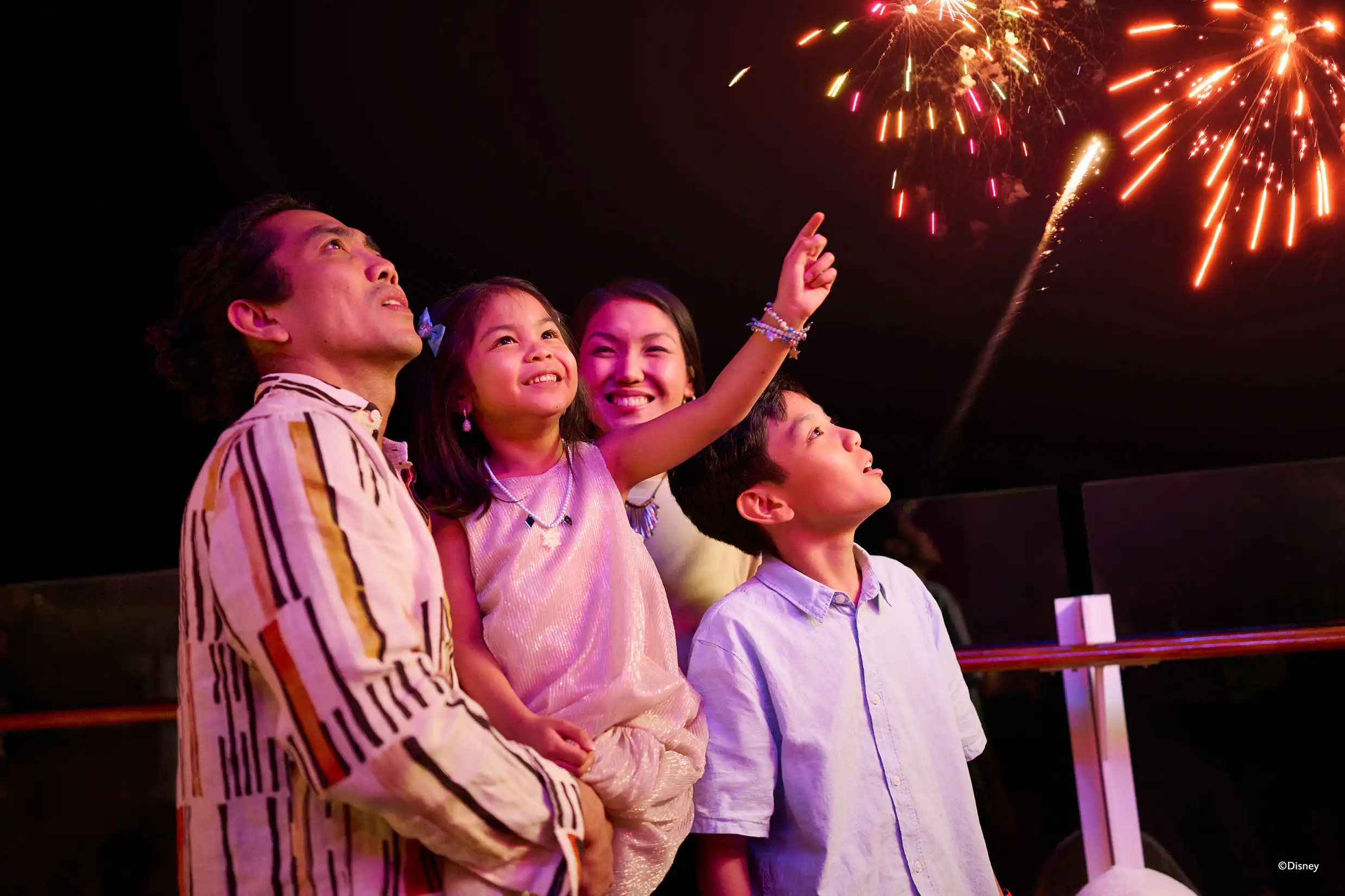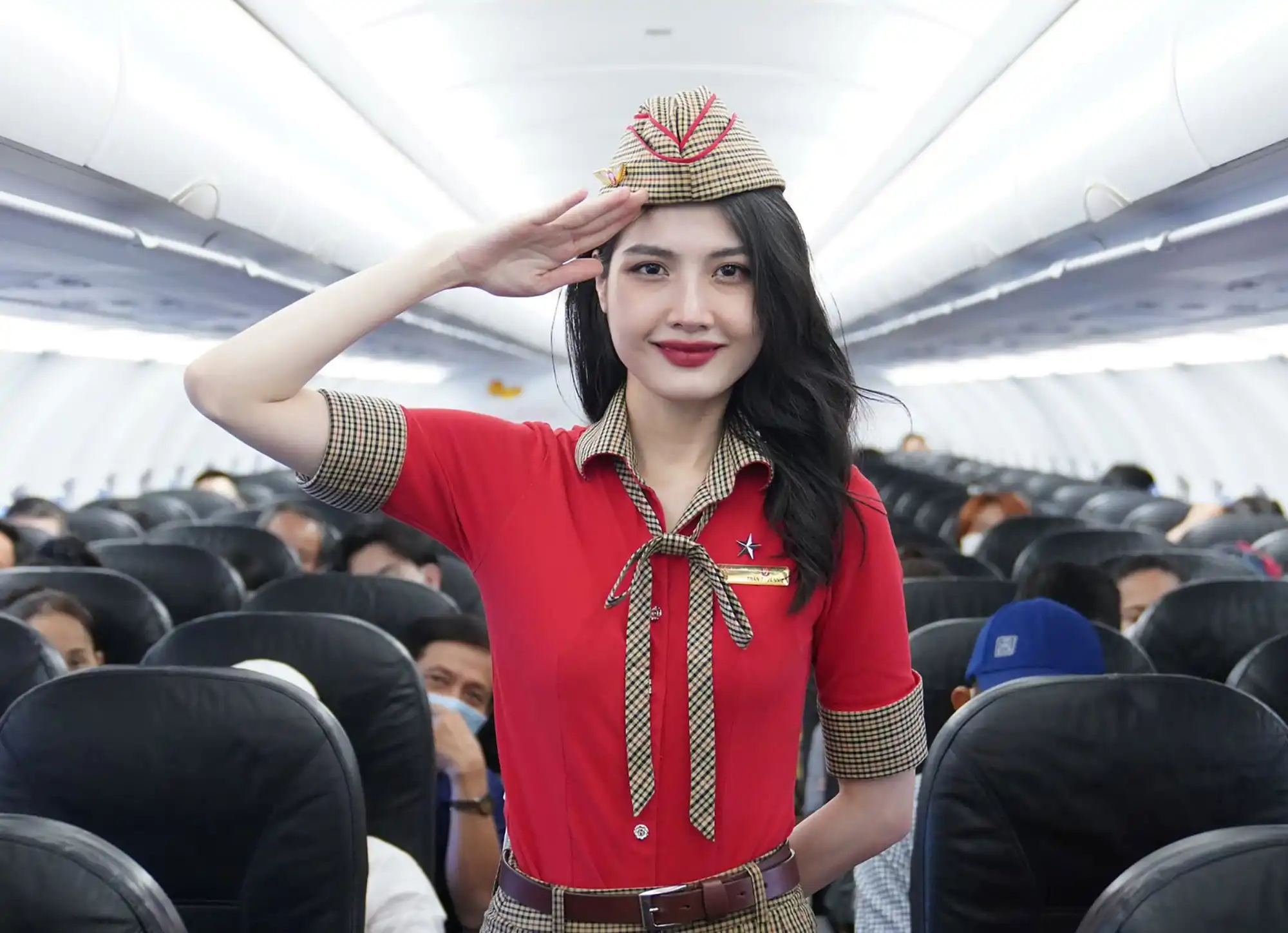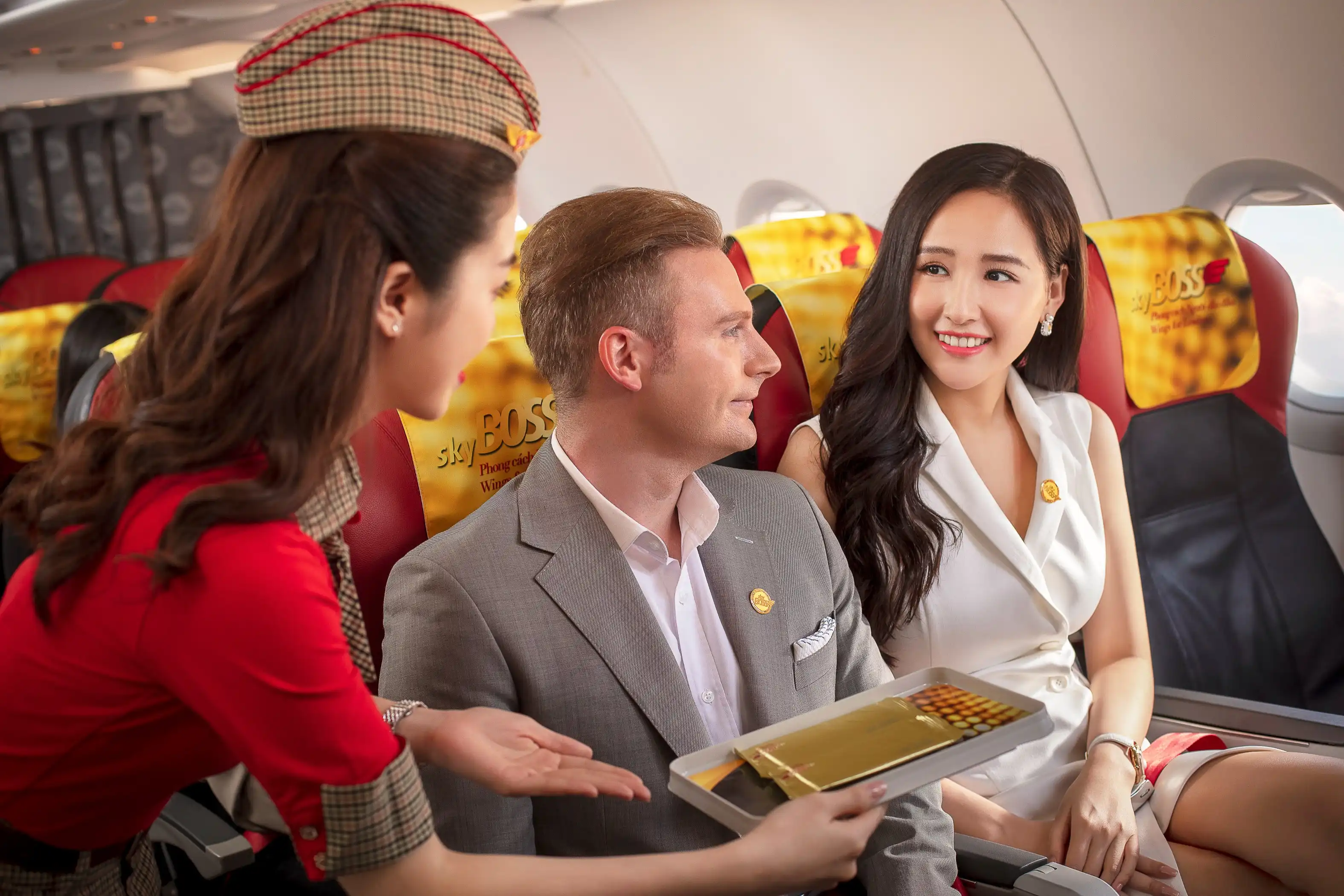As an immigrant in the UK, Shauna James’ story unfolds, revealing unique challenges, artistic pursuits, and a deep connection with cultural identity. Join us in exploring the vibrant narrative of Shauna, where every brushstroke paints a vivid picture of resilience and creative passion.
Excerpts from the interview:
What unique challenges did you face as an immigrant living abroad, particularly as a student?
As a student, I didn’t encounter many complications due to a lack of language barriers. Initially, understanding people’s accents, especially those with a European influence, took a bit of time. However, my university, recognized as a global institution, was well-accommodating to students from diverse backgrounds. Pursuing a master’s degree, I didn’t confront significant cultural issues within the university. Yet, in terms of daily life, understanding the marked differences in city layouts posed a challenge, considering my familiarity with asking directions freely in Bombay.
What are the common misconceptions or stereotypes about immigrants?
Yes, there have been common misconceptions about my Indian identity, assuming a North Indian Hindu profile. People are often surprised when they learn I’m Catholic, challenging the misconception that all Indians are Hindus or Muslims. Additionally, assumptions about being North Indian, fueled by my proficiency in Hindi, reflect the prevalent North Indian-centric view. Explaining aspects of South Indian culture, like different foods and languages, has been met with shock. The perception of Indians with tattoos and piercings is also a point of cultural divergence, especially among other South Asians.

How do you navigate the cultural adaptation process in a foreign country, and how has it impacted your personal and professional life?
Adapting to the prevailing beer-drinking culture posed challenges, as it’s not a significant part of my lifestyle. Socializing often revolves around pubs, making it difficult for non-drinkers to engage fully. Moreover, adapting to the limited operating hours of eateries, with most closing by 6 p.m., impacted daily life. Embracing my Indian identity, including my accent, has been crucial to maintaining a sense of self. I’ve chosen not to conform to the tendency of adopting accents for employability, even though it hasn’t affected my professional life negatively.
Are there specific cultural aspects in your host country that you find challenging or inspiring?
The predominant drinking culture and the early closure of establishments present challenges, especially for non-drinkers. However, the culture’s emphasis on walking, the efficiency of the tube and buses, and the overall pet-friendliness of the country are inspiring aspects. The inclusive transport system connects people from various walks of life, breaking down class distinctions. The openness towards pets, allowing them on public transportation and in shops, reflects a commendable adoration for animals, a facet I find genuinely pleasant in British culture.
Can you share experiences where your immigrant status has influenced your professional interactions and opportunities?
Yes, my immigrant status has significantly impacted my professional journey. Applying for jobs has been challenging due to my visa status, particularly under the PSW (Post Study Work) visa, valid for two years post my student visa. After this period, sponsorship becomes essential, and many companies are hesitant to hire individuals needing sponsorship, especially if they’re South Asian or Arab. This has resulted in noticeable disparities, with British and European counterparts securing jobs more readily, while Asians, Arabs, and Africans, including myself, face repeated rejections.
The struggle extends even to non-professional roles, like applying as a barista. Despite affirming my relevant skills, rejections persisted, often based on lacking specific work experiences, such as waitress roles. Discrimination also surfaced in some establishments, like Italian cafes, where being Brown led to outright rejections, sometimes accompanied by unspoken biases. Unfortunately, these experiences underline a harsh reality: being Brown often correlates with increased difficulty in securing opportunities.
In navigating these challenges, I’ve noticed that my gender, fluency in English, and perhaps appearing younger than I am have occasionally softened the impact. However, the overwhelming narrative remains one of uphill battles, with many of my peers, especially women, not receiving similar privileges. Moreover, the pressure to conform to white standards of beauty and impressing white peers has lessened, as I’ve realized the futility and harmful impact on my self-esteem.
Amidst the struggles, I’ve found solace and acceptance in my artistic pursuits. The art community in London has been more welcoming, providing both an audience and patrons for my work. However, the loneliness in the bustling city remains palpable, and the harshness of London’s environment sometimes outweighs its moments of kindness.

How do you navigate maintaining a connection with your cultural identity while adapting to a new cultural environment?
Navigating the balance between maintaining my cultural identity and adapting to a new cultural environment was initially challenging. Initially, I found myself lumped with North Indians due to language similarities, but the absence of a “Mallu accent” led to a sense of alienation as a South Indian. This prompted self-reflection on whether my connection to my roots was fading due to the linguistic shift and my constant use of English.
The question made me ponder my journey of cultural adaptation and prompted me to take a personal audit to ensure I stay connected to my heritage. These reflections are ongoing as I explore my dual identity as someone born and raised in Bombay yet having roots in South India.
How does photography serve as a means of expression for you, especially in the context of being an immigrant?
Photography holds a unique significance in my journey, particularly in the context of being an immigrant. In India, I extensively engaged in gig photography, capturing moments with mobile-based musicians alongside my regular work. While it initially served as a supplementary income, it gradually evolved into a primary source of financial support throughout my student years. The payments, though modest, were sufficient to cover my living expenses, allowing me to navigate the challenges of being a student in a foreign country. Interestingly, photography has played a dual role for me—it’s not just a means of expression but also a reliable source of income. Transitioning to the artistic scene in the UK has been remarkably different. The artist community here is accepting, and I’ve never faced resistance regarding my quoted prices. Artists respect each other, fostering a conducive environment for growth. Having worked with several artists regularly, the support and response I receive, whether delivering files or discussing payments, have been consistently positive.
Beyond photography, I’ve diversified my artistic pursuits. Selling paintings, offering Tarot readings, and recently delving into videography have expanded my avenues. The artistic community’s recognition and acceptance have given me a renewed sense of confidence and purpose. Notably, this environment has opened doors to exciting opportunities, like joining a band on tour during the upcoming spring—an experience that aligns with my passion and provides a welcome source of income.
Overall, being an artist in the UK, especially as an immigrant, has proven to be a fulfilling journey, offering not only artistic satisfaction but also tangible opportunities for growth and exploration.

Have you used your photography to capture and convey the immigrant experience, and if so, what themes or stories do you focus on?
Until recently, I haven’t specifically utilized photography to capture and convey my immigrant experience. Initially, I mainly used it as a means of financial support, primarily focusing on gig photography in India. Your question, however, has sparked an intriguing idea to explore more personal projects, moving beyond static images to create more emotionally charged videos. While I hadn’t previously considered documenting my own immigrant journey, it’s a concept that resonates with me, and I’m eager to delve into themes and stories that reflect this unique experience.
Given your legal studies, do you see yourself using your legal expertise to advocate for immigrant rights or address challenges faced by immigrants?
Absolutely, with my Master’s in Human Rights Law, I plan to merge my legal expertise with my background in journalism. My focus lies in contributing as an editor, columnist, and writer, specifically addressing issues in refugee law, migration law, and the broader realm of human rights. The knowledge gained from this program has strengthened my activist inclinations, and I intend to use it as a powerful tool to shed light on the migration crisis and advocate for the rights of immigrants, especially refugees facing challenges in the UK. This educational pursuit has been profoundly transformative, aligning my passion with purpose and equipping me to make a meaningful impact.





